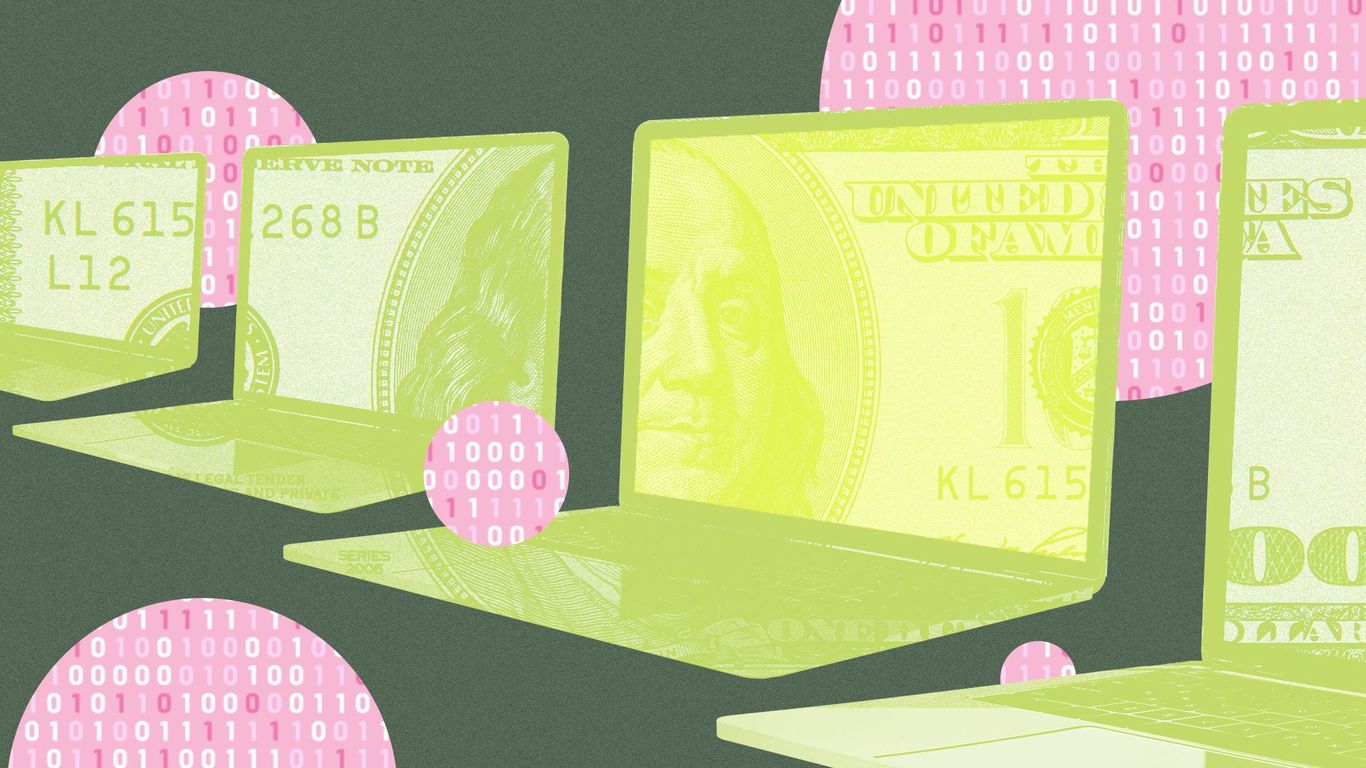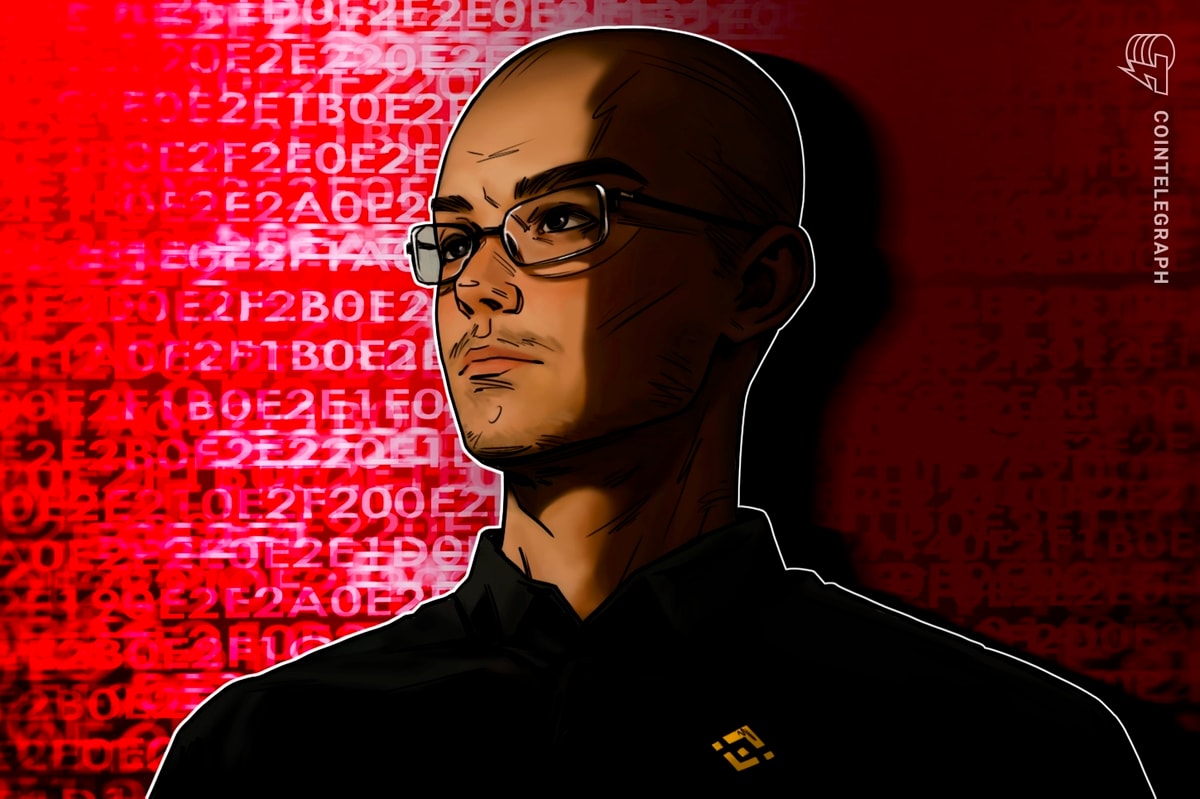Fallout from the cratering of Sam Bankman-Fried’s FTX is casting a giant pall over the decentralizing project known as Web3.
Catch up quick: Over the past two years, some cryptocurrency enthusiasts and their venture-capitalist backers expanded the scope of their dreams.
- They weren’t just revamping the global financial system — they were inventing entirely new ways of organizing human relationships, online and off.
- They dubbed their vision “Web3” and raised piles of money — to the tune of tens of billions of dollars — to build it.
Now FTX’s disintegration means they’re going to have a much harder time winning public confidence for their plans.
The big picture: While financial sleuths work overtime to figure out where all the money went in FTX’s wreckage, and nervous investors worry about how the collapse will affect contiguous markets and services, the tech world is coming to terms with a different kind of contagion of mistrust.
Web3, at its heart, is all about using blockchains and crypto tokens as tools for organizing decision-making, governance and financial incentives in every realm of human endeavor — from virtual world-building to social networking and from accounting to art-making.
FTX was just a financial exchange — its operations barely touched the surface of the kinds of crypto-backed enterprises Web3 architects have imagined.
- Web3 true believers will point out that the failure of a trading platform that played fast and loose with its customers’ money shouldn’t discredit still largely untested blockchain-based ideas.
But to outsiders, FTX’s failure suggests that the crypto world hasn’t even arrived at square one of its vision.
- If crypto can’t even get the foundational stuff right, like managing trading and handling customer assets, there’s little reason to trust it with any other dimension of our lives.
Yes, but: When the dotcom bubble burst two decades ago, a ton of people wrote off the entire internet as a lost cause.
- That was a big mistake. Web3 builders will be hoping for a similar turnaround.
My thought bubble: In 2000-2002, people kept using the internet through a financial disaster because the network provided plenty of opportunities to do useful, cheap and fun things.
The bottom line: Axios’ Felix Salmon wrote Monday that crypto entrepreneurs’ dream of supplanting the world’s existing financial infrastructure is now dead. It’s also likely that their wider Web3 dreams will never come to life.
Read More: news.google.com









 Bitcoin
Bitcoin  Ethereum
Ethereum  Tether
Tether  XRP
XRP  Solana
Solana  USDC
USDC  Dogecoin
Dogecoin  Cardano
Cardano  TRON
TRON  Lido Staked Ether
Lido Staked Ether  Wrapped Bitcoin
Wrapped Bitcoin  Chainlink
Chainlink  Avalanche
Avalanche  LEO Token
LEO Token  Stellar
Stellar  Toncoin
Toncoin  Shiba Inu
Shiba Inu  Sui
Sui  Hedera
Hedera  USDS
USDS  Wrapped stETH
Wrapped stETH  Bitcoin Cash
Bitcoin Cash  Litecoin
Litecoin  Hyperliquid
Hyperliquid  Polkadot
Polkadot  Bitget Token
Bitget Token  Binance Bridged USDT (BNB Smart Chain)
Binance Bridged USDT (BNB Smart Chain)  Ethena USDe
Ethena USDe  WETH
WETH  Pi Network
Pi Network  WhiteBIT Coin
WhiteBIT Coin  Monero
Monero  Wrapped eETH
Wrapped eETH  Coinbase Wrapped BTC
Coinbase Wrapped BTC  Pepe
Pepe  Uniswap
Uniswap  Aptos
Aptos  Dai
Dai  OKB
OKB  Gate
Gate  NEAR Protocol
NEAR Protocol  Ondo
Ondo  Bittensor
Bittensor  Tokenize Xchange
Tokenize Xchange  sUSDS
sUSDS  BlackRock USD Institutional Digital Liquidity Fund
BlackRock USD Institutional Digital Liquidity Fund  Ethereum Classic
Ethereum Classic  Internet Computer
Internet Computer  Cronos
Cronos